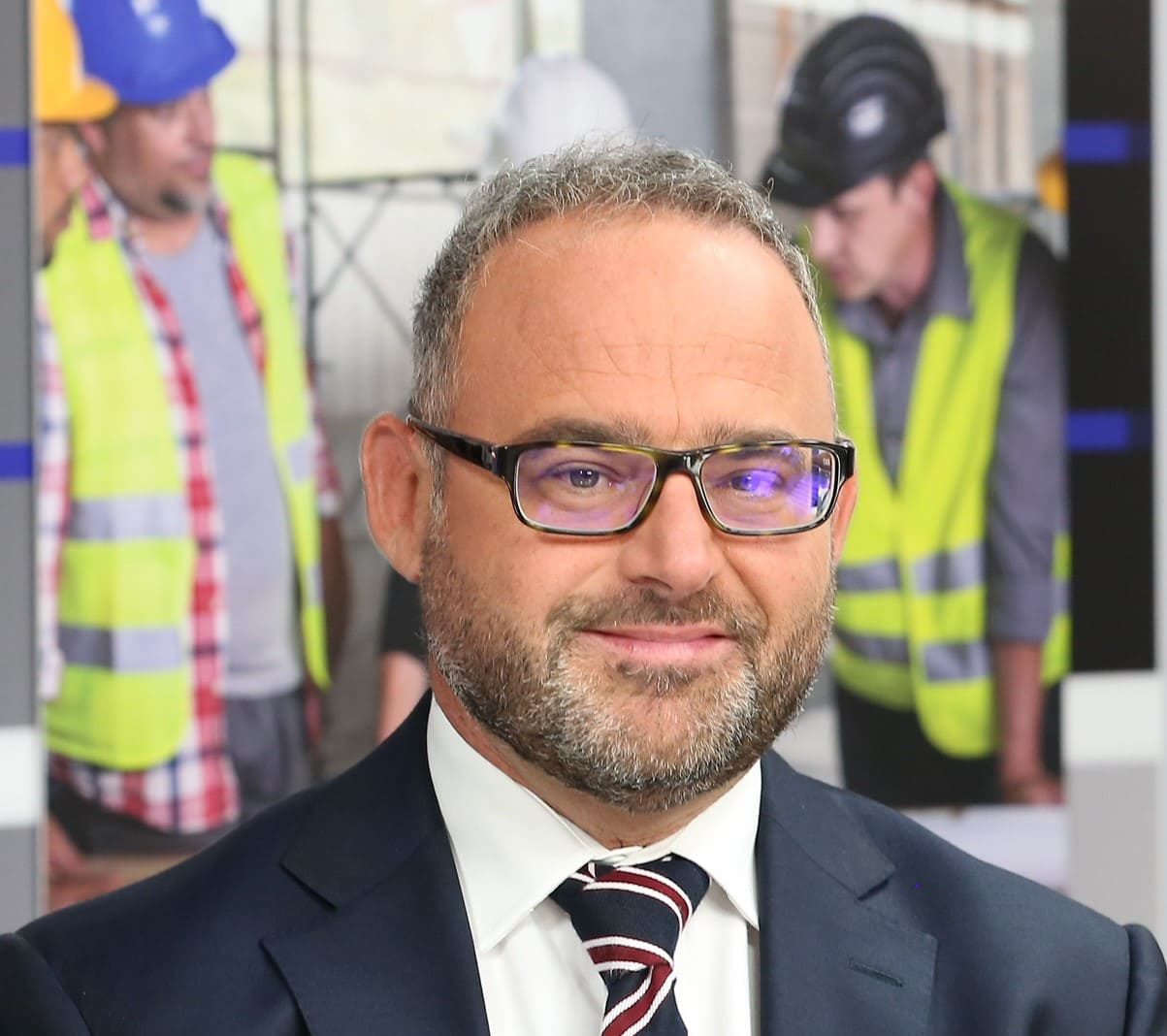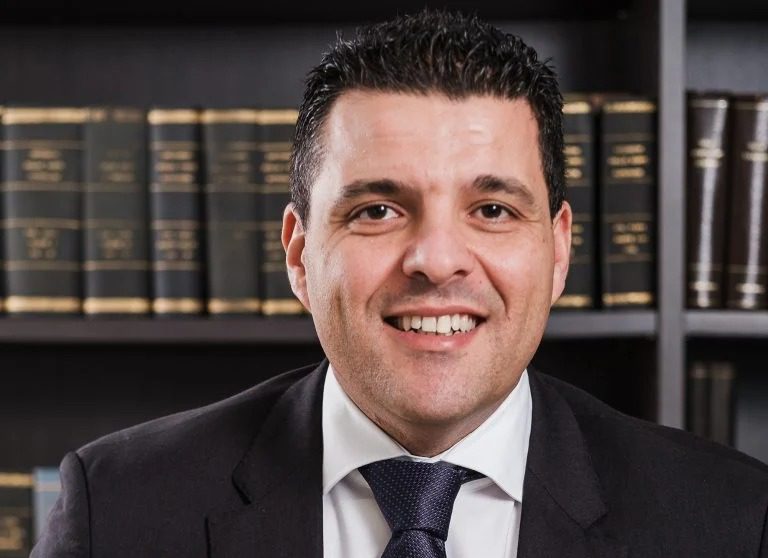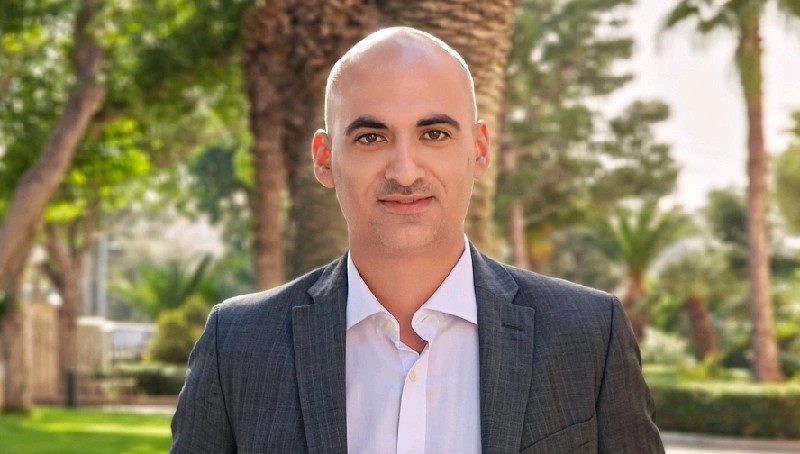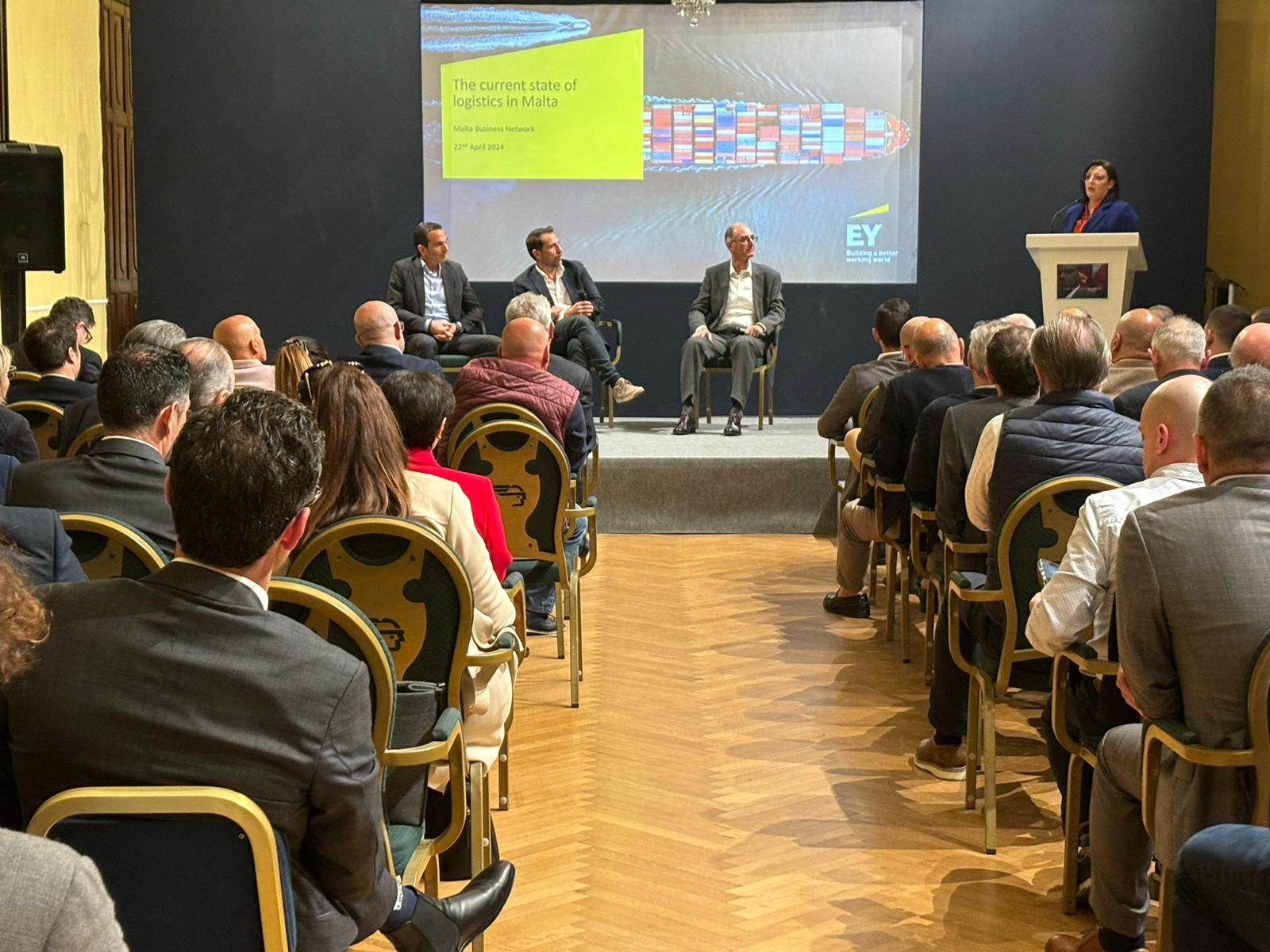Malta Maritime Forum (MMF) CEO Kevin J. Borg has stated that should the EU proceed with the planned implementation of its Emissions Trading Scheme (ETS) Directive on Shipping, the expected impact on businesses will be “irreversible”.
The ETS is a core part of the EU’s strategy to address issues related to climate change, and is set to act as a key tool in reducing greenhouse gas emissions. The directive obliges ships to surrender their EU allowances (EUAs) to compensate for the emissions they generate, thus leading to higher costs. When considering the heavy investment required by the shipping industry, among other industries, to digitalise and further automate operations, as well as Europe’s status as one of the most heavily taxed regions in the world, strong concerns are emerging about the block’s competitiveness.
The ETS Directive is being heavily opposed by a number of Mediterranean countries, including Malta, given that its introduction would have a significant impact on the countries’ attractiveness in terms of shipping. This is especially the case for Malta, given that it has become known as transhipment hub over the years.
Indeed, maritime industry insiders have publicly warned that the Directive is leading a number of shipping lines to make alternative arrangements, potentially bypassing countries like Malta in order to avoid the costs from the ETS.
Contacted by this newsroom, Mr Borg – who leads the MMF, which acts as the voice for Malta’s maritime industry – said that the organisation is in constant talks with authorities about the Directive.
He remarked that given the risks are not only present for Malta, but also for other larger countries, the EU is expected to react.
Ministers from seven EU countries, namely Spain, Italy, Greece, Portugal, Cyprus, Croatia, and Malta, all countries which will be greatly affected by the Directive, recently wrote a unified letter to the EU calling for a halt to shipping’s inclusion in the regulation.
Mr Borg explained that this move, referred to as a “stop the clock measure”, involves the EU temporarily stopping the implementation of the regulation for the time being.
“It is clear that the EU formulated this Directive without knowing about the massive amount of investment in the shipping industry taking place in North Africa with the aim of taking business away from Europe,” he said. These ports include Tanger Med port (Morocco) and East Port Said (Egypt), among others.
Mr Borg stressed that should the EU go for an approach of first implementing the measure, and then reviewing, “it will be too late” and the situation will end up being “irreversible”.
He called for the EU to shift its thinking, noting that the European bloc ultimately wants business to remain in Europe, rather than be directed towards other regions. Mr Borg remarked that the MMF and the authorities of the aforementioned EU countries are on the same wavelength as the EU in terms of emissions reductions and improving sustainability, but they want the EU Commission to realise that the ETS will have various downsides.
Firstly, its implementation could end up leading to more emissions, as aside from potentially longer routes to North African ports, European businesses will also need smaller ships to transport the goods from North Africa to the European ports.
Secondly, Mr Borg pointed out that the costs and delays incurred will prompt businesses to move away from Europe, setting up elsewhere closer to the market.
“The EU needs to study the situation well, as if the Directive is implemented, there is no turning back,” he added.
When asked how the business community is reacting to the directive, he remarked that companies involved are “worried” about the situation.
Mr Borg remarked that this is a situation that “goes beyond maritime”, as added costs and delays will lead manufacturers to start reviewing their operations.
“It is a much larger issue than one solely related to shipping. The port won’t be the only entity to lose business, but also other businesses,” he concluded.
The MMF recently held a progress meeting for members, with the maritime community hearing how over the past few months, the forum has been actively engaged in finding a solution to this problem. In addition to this, the MMF was also tasked with other consultation processes, and also called for the launch of a dedicated national maritime authority in order to increase focus, response time, and create short communication lines.
Featured Image:
MMF CEO Kevin J. Borg
Jean Chapelle Paleologo named new Frank Salt Real Estate Managing Director
He is highly experienced in sales and wealth management within the international financial services sector.
APS CEO anticipates improved performance in rest of 2024 after drop in first quarter pre-tax profit
During the first quarter of 2024, APS Bank reported €5 million in pre-tax profit, 63.5% lower than the same period ...
Aaron Bugeja promoted to Associate Director of Client Accounting at Vistra
He states that he is ‘eager to leverage strategic insights and drive financial excellence’ to Vistra’s clients.
Malta should explore state aid to ease freight costs, C-level logistics experts suggest
Retail Marketing Ltd CEO Jonathan Shaw believes Malta should join forces with other island nations that face similar logistical challenges.











